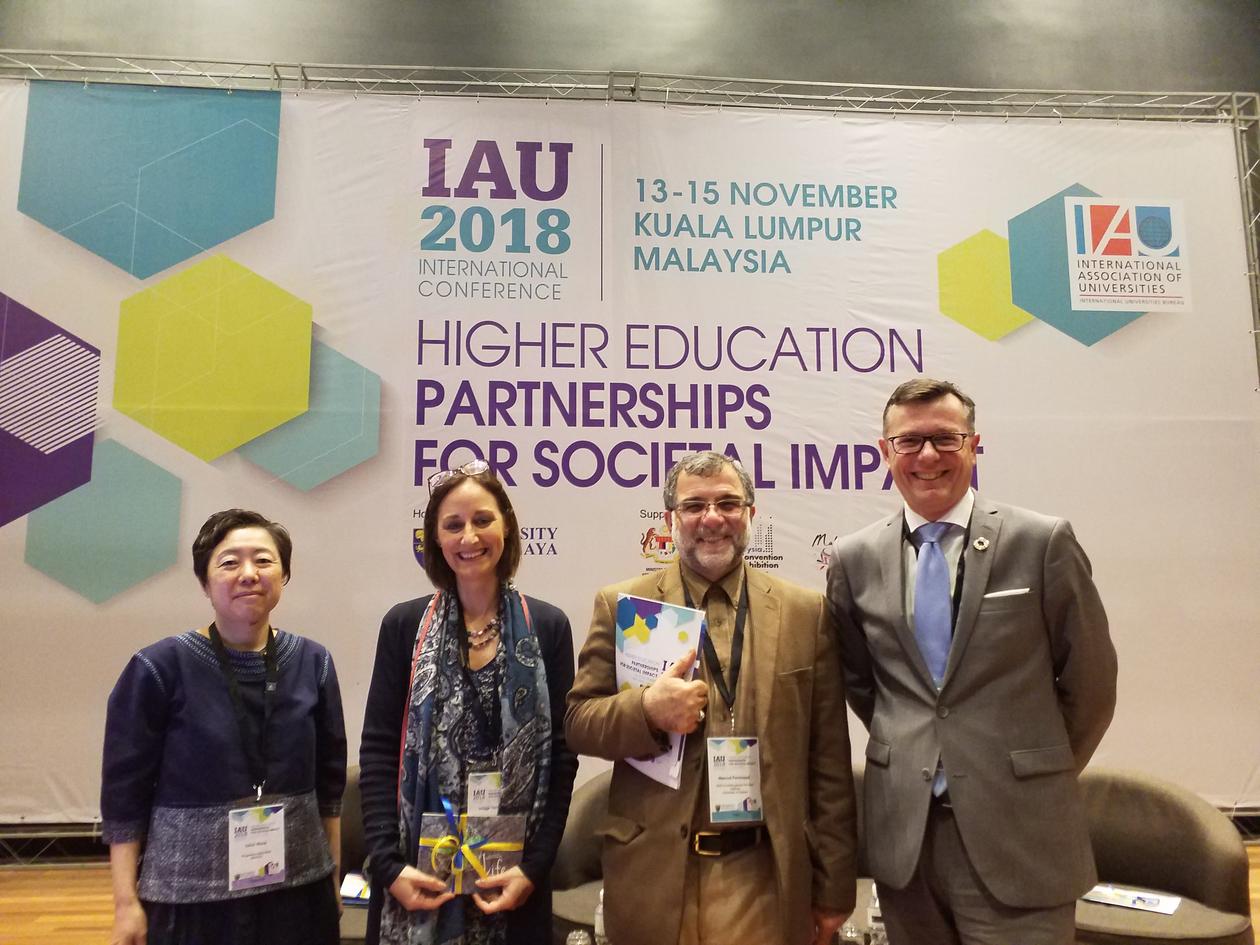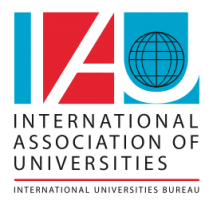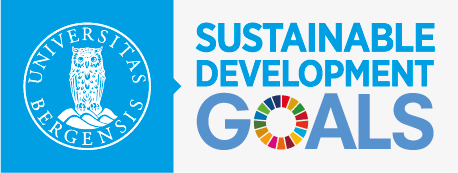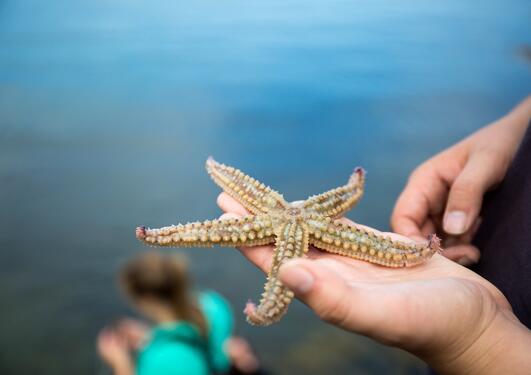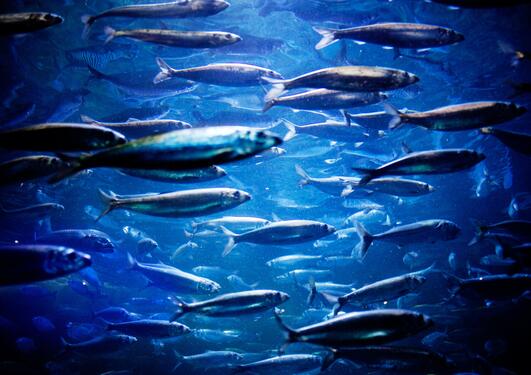UiB given SDG14 leadership role by IAU
The University of Bergen has been announced as part of the International Association of Universities SDG Cluster, with special responsibility and leadership for SDG14, Life Below Water.

Main content
This week in Kuala Lumpur, the Sustainable Development Goals (SDGs) and the 2030 Agenda have been the backdrop for the 2018 International Conference of the International Association of Universities (IAU).
This world of water
Rector Dag Rune Olsen from the University of Bergen (UiB) was one of the speakers and also was there to accept the university's leading status for SDG14 as part of IAU's work to engage with the UN's 2030 Agenda.
“First of all this underlines our commitment to and engagement with the SDGs, and I am delighted that UiB has been invited by IAU to be the organization's Hub institution for SDG14 – Life Below Water as part of te organisation's SDG Cluster,” says Rector Olsen.
On UN Day, 24 October, UiB was also awarded Hub status for SDG14 by United Nations Academic Impact (UNAI), which is an initiative that aligns institutions of higher education with the United Nations (UN) in supporting and contributing to the realization of UN goals and mandates.
“Interestingly, this means that UIB both represents the global academic community top-down, via UNAI, and bottom-up, via IAU,” says Olsen.
The university sector must contribute
In April 2017 Peter Thomson, the then president of the United Nations General Assembly, wrote a letter to all leaders of higher education institutions around the world, asking for the SDGs to be made an integral part of research, teaching and study.
“Thomson called for knowledge, education, research and university leadership for a sustainable future,” says Olsen, “and the need for action is clear and at my institution, the University of Bergen, we have launched a strategic initiative to engage with the SDGs, called SDG Bergen.”
The initiative includes how to reshape future education to engage with the SDGs, to provide research for scientific advice and science diplomacy, and to build partnerships for the goals.
So why has UiB been chosen to lead on SDG14 and Ocean science in particular?
“This is due to our excellent marine researchers and their long-standing traditions. A sustainable relationship to the Ocean brings opportunities within energy solutions, medicine and food – to mention some. Early 2018 we advanced on this by launching Ocean Sustainability Bergen, an initiative as part of SDG Bergen to further strengthen our research and coordinate our SDG-related marine and Ocean activities,” explains the UiB Rector.
Partnership is key
However, he said that working towards one SDG alone is not enough. There needs to be collaboration across national borders, across disciplines, across political boundaries – in general across society.
“Even if my university has a special relation to SDG 14: Life Below Water, it is SDG 17: Partnerships for the Goals we highlight at IAU’s International Conference this week. All our work with partnerships for the goals and our multi-stakeholder roles brings us together. We must work across borders, across disciplines and across the 17 goals,” said Rector Dag Rune Olsen in his speech at the IAU International Conference.
